Last month, the Indonesian Internet Service Providers Association (ISP) called on the government to freeze Starlink's license to sell services to consumers. Chairman Muhammad Arif Angga said the suspension should be extended "until a clear regulation is implemented."
Over-reliance on foreign internet service providers has the “potential to undermine the sustainability and independence of the local ISP industry,” Mr Arif said.
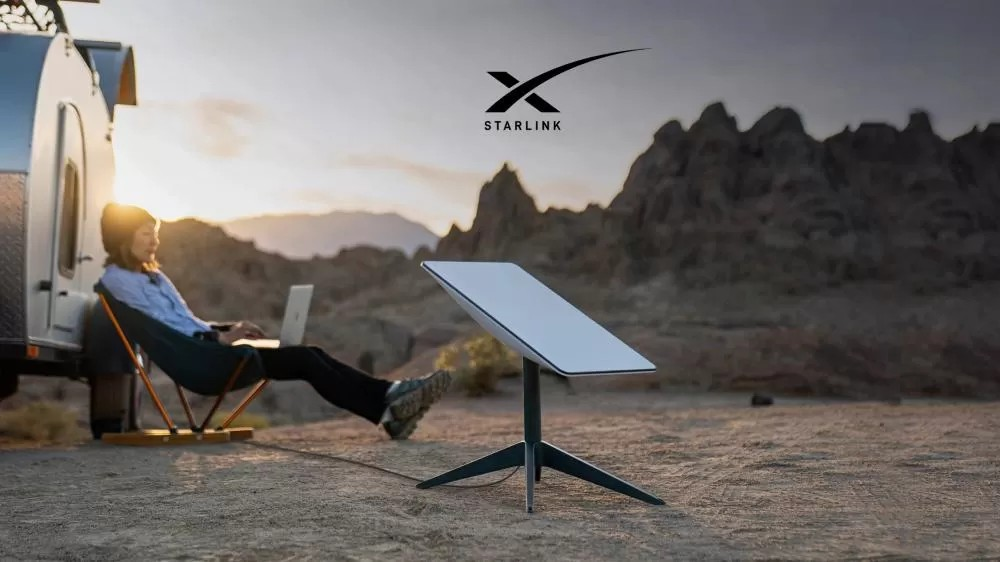
Starlink, owned by Elon Musk’s SpaceX, provides high-speed internet using thousands of satellites in low orbit. “If you have access to the internet, you can learn anything,” Musk said at a launch event in Bali on May 19.
Indonesia is the third Southeast Asian country to offer Starlink service, after Malaysia and the Philippines.
President Joko “Jokowi” Widodo met with Musk after the launch. In addition to improving internet access, the government hopes Starlink can open up other investments, such as building a SpaceX rocket launch facility and a Tesla electric car factory.
At a parliamentary meeting on June 10, Communications and Information Technology Minister Budi Arie Setiadi affirmed that the government does not give preferential treatment to Starlink. He pointed out that Starlink's market share in the US and Australia is less than 1% and has little impact on the communications industry.
Starlink’s price competitiveness is currently low in Indonesia, and demand is likely to be limited to areas with poor connectivity. The monthly fee is 750,000 rupiah ($45), with an initial cost of 5.9 million rupiah for the antenna.
In Indonesia, Starlink’s price competitiveness is also weak, and demand appears to be limited to areas with poor connectivity. Users pay a monthly fee of 750,000 rupiah ($55) and an antenna for 5.9 million rupiah ($430). Comparable internet packages from local carriers cost between 200,000 and 400,000 rupiah ($130 to $260) a month.
However, Starlink has a history of offering discounts in countries where it has been operating for a while. The company also plans to launch a service that will provide internet access directly to smartphones without the need for an antenna, which could put it in competition with not only fixed-line internet providers but also mobile carriers.
Starlink doesn’t need to build base stations in each country, making cross-border expansion easier and a clear advantage. SpaceX’s office in Indonesia has just three employees and the company has invested 30 billion rupiah, according to Investment Minister Bahlil Lahadalia.
Home to more than 270 million people spread across 17,000 islands, Indonesia faces significant challenges in building a terrestrial communications network. Telecommunications require huge investment and face fierce competition, while satellite communications provide connectivity to remote areas with little infrastructure. Some in Indonesia’s telecom industry believe Starlink could play a complementary role in developing a nationwide network.
(According to Nikkei)
Source: https://vietnamnet.vn/nha-mang-indonesia-phan-doi-starlink-cua-elon-musk-2293159.html





![[Photo] Overcoming all difficulties, speeding up construction progress of Hoa Binh Hydropower Plant Expansion Project](https://vstatic.vietnam.vn/vietnam/resource/IMAGE/2025/4/12/bff04b551e98484c84d74c8faa3526e0)






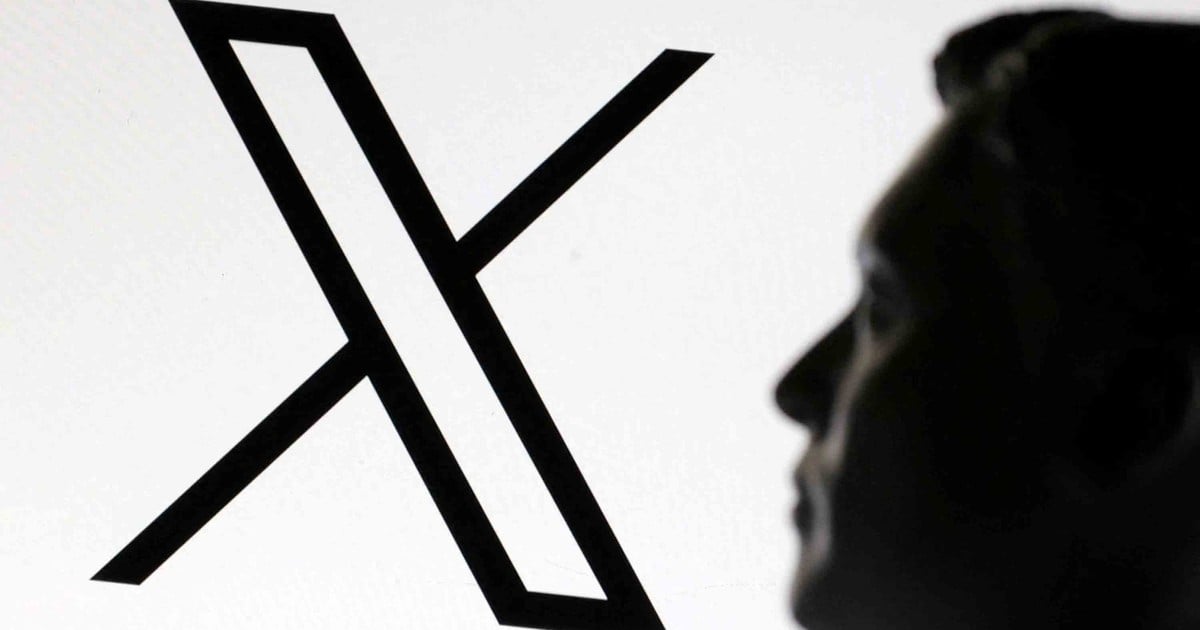






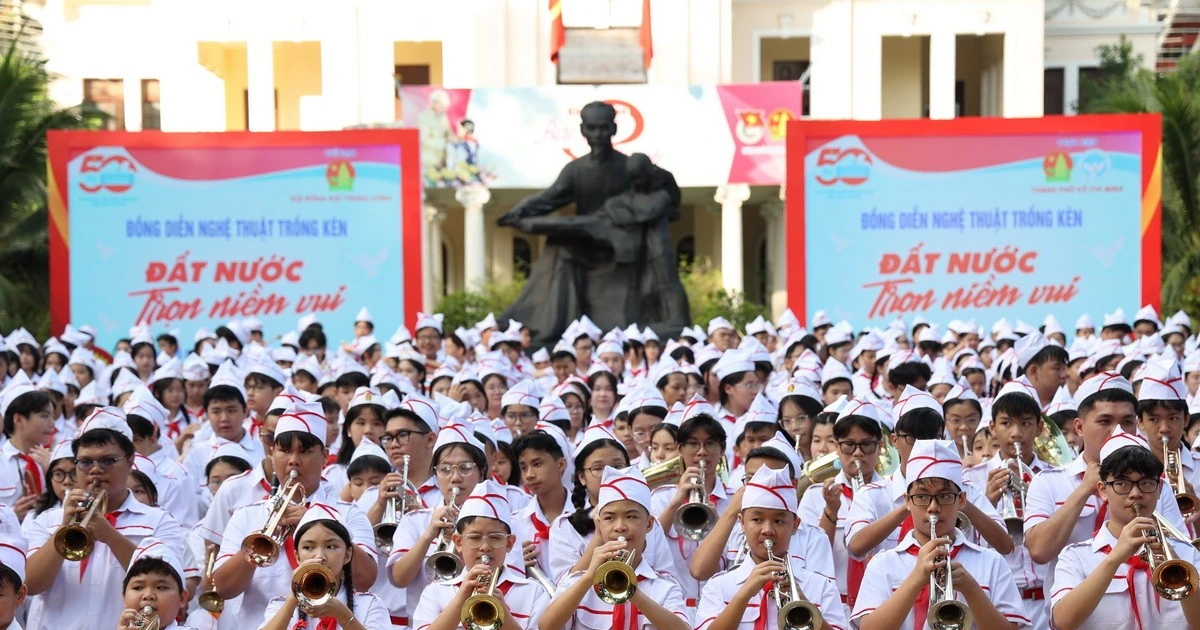
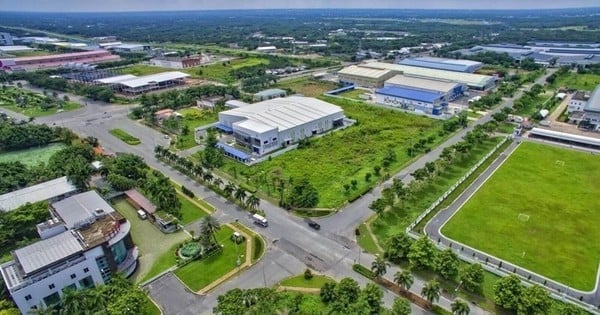




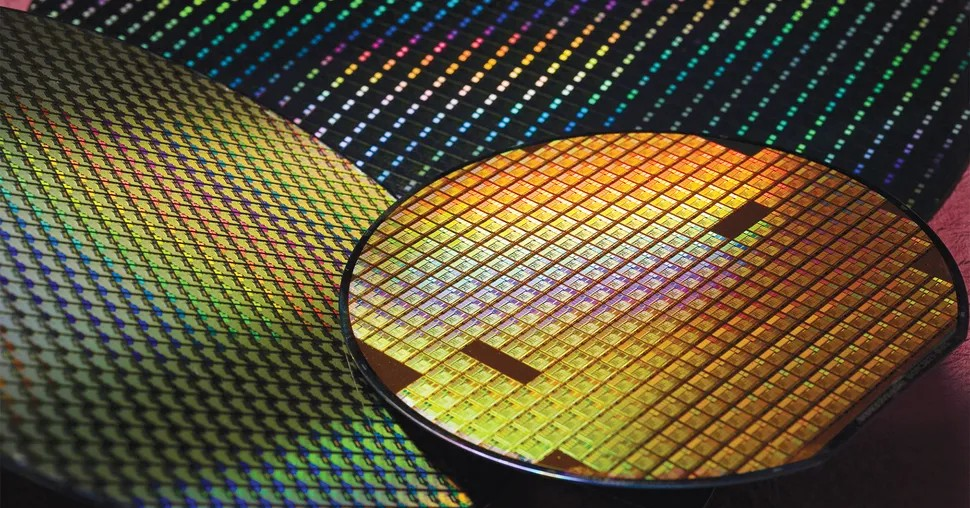

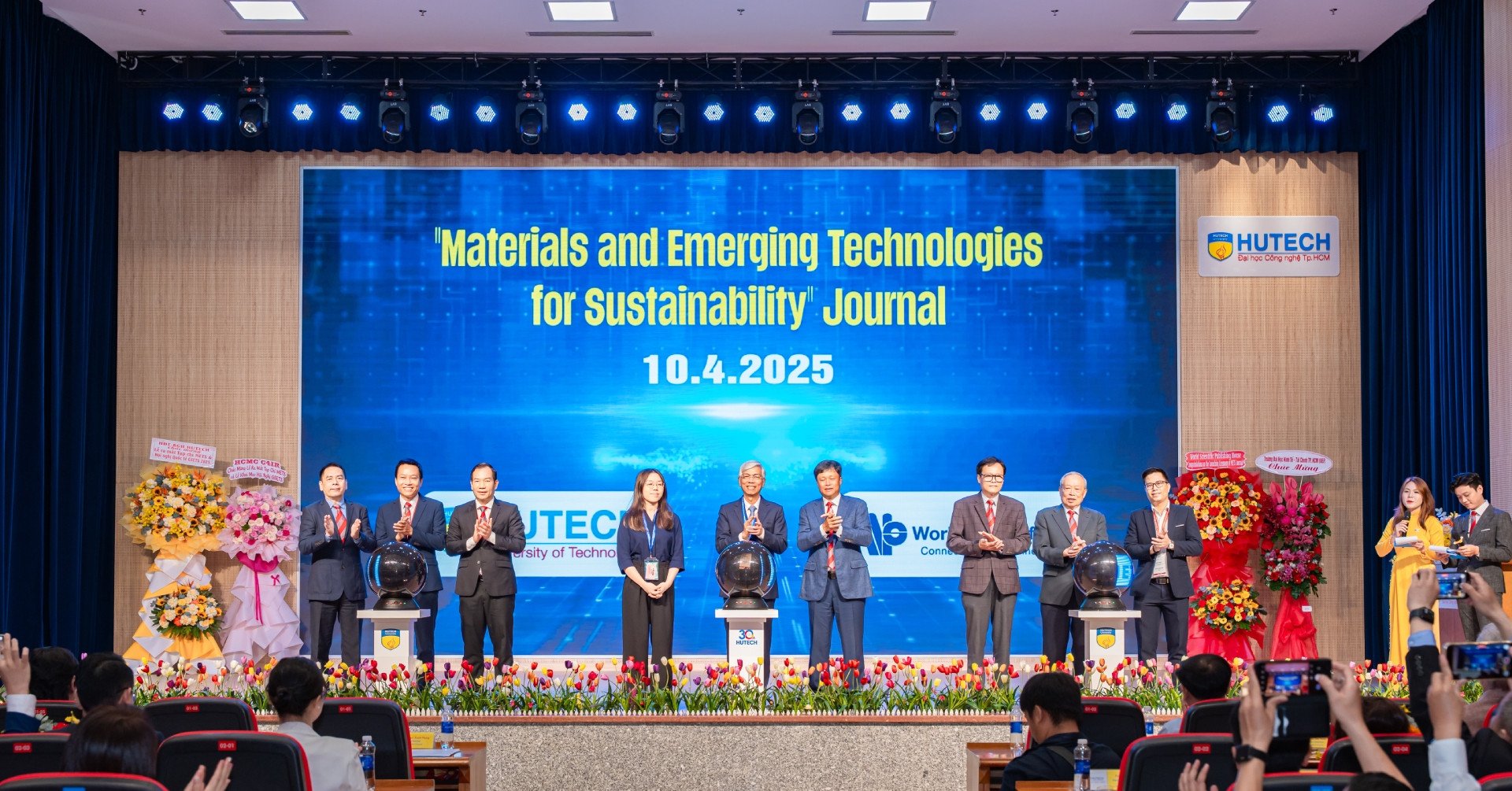

























































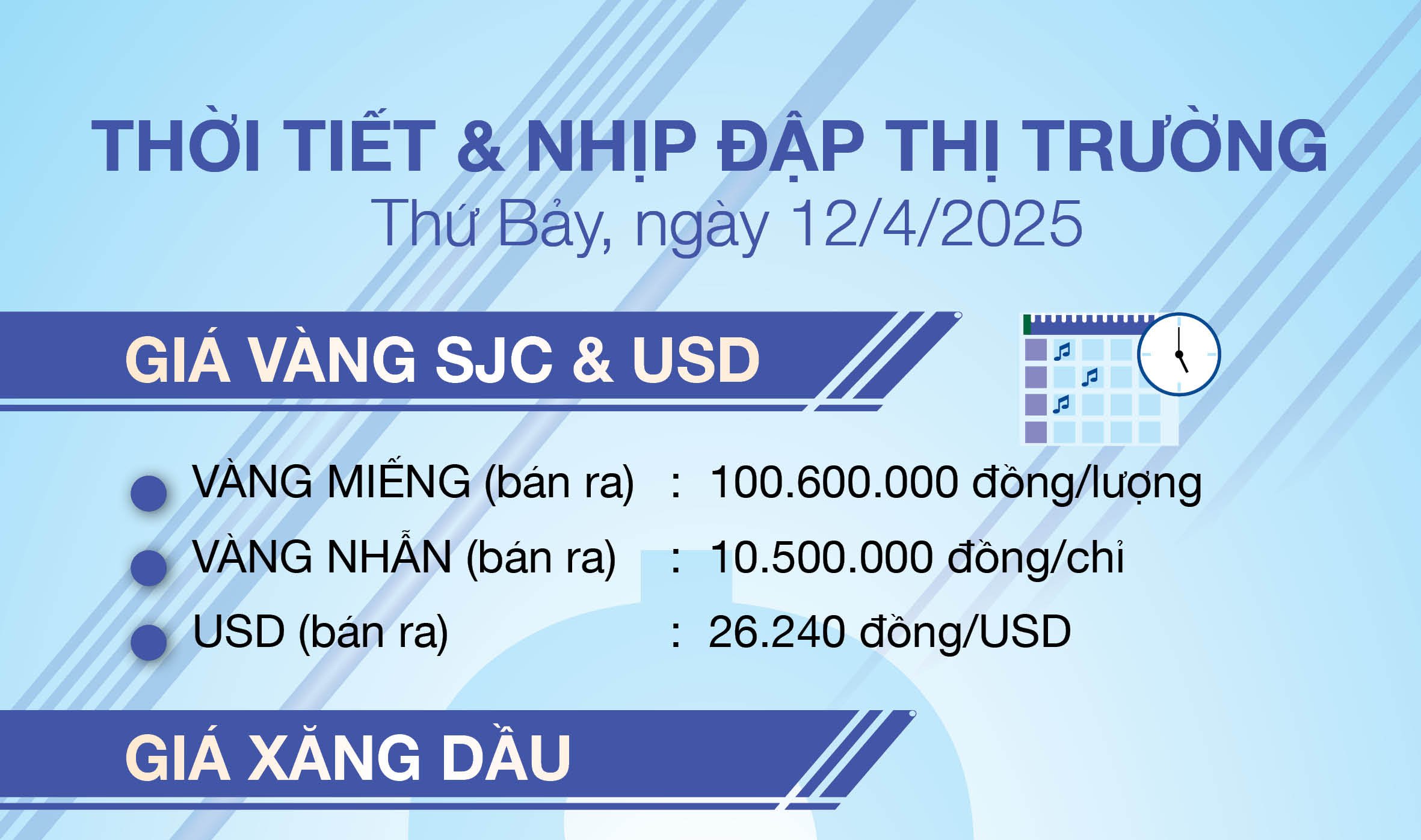












Comment (0)